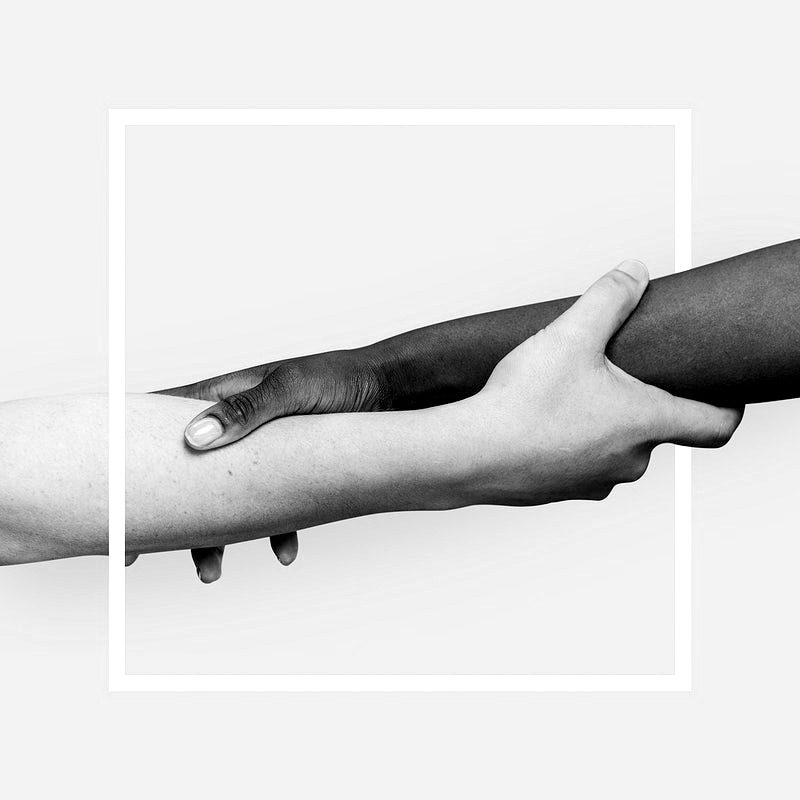 Some situations during recovery will require you to ask for help. You are never alone in recovery unless you choose to be. Even then, you have people cheering you on. You have the right to ask for help and put your mental health first. Situations such as feeling stressed, overly tired, hopeless, and helpless are problems during which asking for help might save your life.
Some situations during recovery will require you to ask for help. You are never alone in recovery unless you choose to be. Even then, you have people cheering you on. You have the right to ask for help and put your mental health first. Situations such as feeling stressed, overly tired, hopeless, and helpless are problems during which asking for help might save your life.
Feeling Stressed
Feeling stressed is a normal part of life, but sometimes stress can become so overwhelming that you need to ask for help. If you are struggling with maintaining your composure, you may need a second opinion about your situation. If you struggle with focus and procrastination, you may ask for a break or try to say no to extra responsibilities. Maintaining mental health is critical as you focus on re-entering life after treatment. Asking for help when stressed is not a sign of weakness but a means of helping you set healthy boundaries for yourself.
If You Are Overly Tired
Sometimes, you may become unable to leave your bed because you are exhausted. Facing the world can be exhausting, but it doesn’t have to be. You should recognize being overly tired as a symptom of depression or a possible sign of relapse into avoidant behaviors. You have the right to rest, but when sleeping or avoiding life because you are tired gets in the way of living life to the fullest, you may need to ask for help. There is no shame in being tired, but it can be a symptom of something other than physical weariness. Asking for help might save your life.
Ask For Help When You Are Feeling Helpless and Hopeless
We all feel helpless sometimes. Feeling helpless can even be normal when we are stressed out and overwhelmed. However, feeling helpless when not accompanied by a willingness to seek solutions or a desire to keep going is a sign of needing some extra support. Long-term helplessness is not regular.
Feeling helpless for too long can lead to severe depression and an unwillingness to face life. Helplessness and hopelessness are two common symptoms of depression. They may feel comfortable and normal, but they are not and can lead to life-altering behaviors. Asking for help when feeling these emotions is critical to your recovery.
Three Reasons Why You Should Ask For Help
Asking for help is never a sign of weakness. Instead, it exhibits strength and a willingness to put your mental health first – your mental health matters. Three reasons you should ask for help include:
#1. You Deserve Positive Well-Being
You are an integral friend and family member. Your family knows you deserve good things. The time has come for you to believe in your deserving of positive well-being. You have purpose and are capable of doing big things. You do not deserve to be unhappy. At The Guest House, we immediately recognize your value before you even step through our doors, which is why we continue to support you through our Alumni program.
#2. There Is Hope for Your Recovery: You Can Recover
According to MentalHealth.gov, there is hope for your recovery. Persons with any form of mental health disorders can lead productive lives. You are capable of achieving your full potential and improving your health and wellness. Recovery is possible. When you doubt the possibility of full-impact living, you eliminate your hope and your reasons for self-care. Your mental health and self-care are critical to living a productive and full life. Recovery is possible. You must choose to recover.
#3. You Deserve Happiness
Happiness is critical to anyone’s well-being. Laughter is healing and promotes the production of serotonin, a neurochemical that helps battle depression and anxiety. The right to happiness is a fundamental human right. Do not think that your mental health disorder must deprive you of ever feeling joy again. While you may grieve the loss of a life once lived, question whether or not you were truly happy living in denial and fear of what was happening to your brain and body. You deserve happiness, and the only way to achieve happiness is to ask for help when you need it most.
Self-care is critical to your well-being, and sometimes self-care requires asking for help. Whether you are overwhelmed, tired, or feeling depressed, you have the right to ask for help. Your feelings are not facts. If your feelings tell you that you don’t need help, carefully consider the pros and cons of asking for help and what outcomes you expect. You deserve to be happy and live a full life. Sometimes, that full life requires a little bit of help.
Asking for help may seem difficult but can be critical to your ultimate well-being. Understanding your fundamental human right to a full and happy life can ensure your willingness to ask for help and start the process of building your better life. At The Guest House, we recognize your value and how you are deserving of a full and productive life, which is why we provide a variety of services to fit your lifestyle. After treatment, we offer an Alumni Program to help you stay on track and provide peers to help and remind you of your value. If you or someone you know is struggling with recovery from a mental health disorder or addiction, remember help is just a phone call away. You can reach out for help at any time. Call us at The Guest House at (855) 483-7800 and learn how we can help you along your recovery journey.